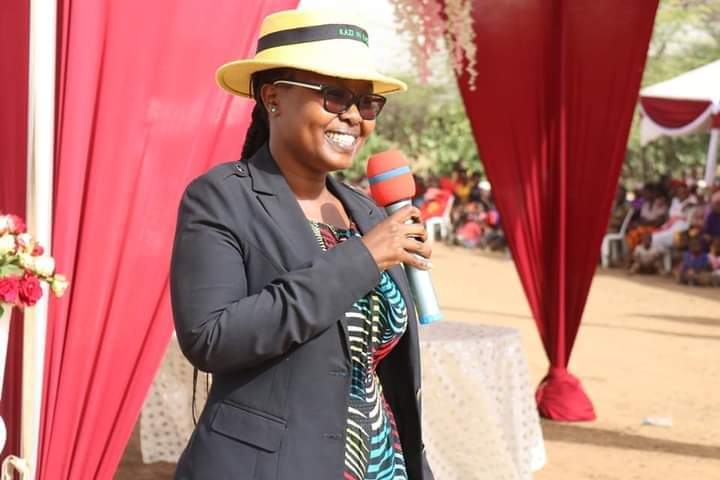
Ghost schools and fraudulent capitation payments
A total of Sh3.7 billion was disbursed to 33 non-existent schools.
“What do you get from this free education in terms of the quality of students? Do you get the quality of the students? Because when it is free, it is not often good,” Jematiah said.
In Summary

Audio By Vocalize

Baringo Woman Representative Flowrence Jematiah Sergon has raised concerns over the sustainability and quality of free education in Kenya's public schools.
Speaking during an interview on Spice FM, Jematiah questioned the value of free primary and secondary education, arguing that it heavily relies on taxpayers' money, funds that could also support national development.
“You are giving free education in primary, but we are still depending on the taxes. All these taxes are part of the development we are supposed to do in the country,” she said.
The legislator cast doubt on the outcomes of free education, suggesting that the quality often suffers under such a model.
“What do you get from this free education in terms of the quality of students? Do you get the quality of the students? Because when it is free, it is not often good,” she added.
Jematiah also criticized the overreliance on bursaries, arguing that it diminishes parental responsibility in their children’s education.
“We give bursaries to students, but when we do that, you realise that parents do not take responsibility and follow up on their children’s progress in school,” she said.
Her remarks come amid rising public debate after Treasury confirmed that the government is currently disbursing only Sh16,900 per learner—significantly lower than the promised Sh22,244 annual capitation for secondary school students.
The Sh5,344 shortfall per learner means that parents will now be required to bridge the gap through increased school levies, development fees, and frequent fundraising efforts to sustain school operations.
Appearing before the National Assembly’s Education Committee, Treasury Cabinet Secretary John Mbadi admitted the government cannot afford full capitation as initially promised under the Free Day Secondary Education program.
“Let us not lie to ourselves. The budget cannot support the Sh22,000 capitation. We don’t have the capacity to offer free primary and secondary education,” said Mbadi.
“If you divide the funds available by the number of students, we are giving less than Sh22,000. We are currently disbursing Sh16,900 instead of the promised Sh22,244. The number of students is far too high,” he told the committee.
The revelations have triggered backlash from members of parliament, who accuse the government of backtracking on its commitment to fund education fully and equitably.

A total of Sh3.7 billion was disbursed to 33 non-existent schools.